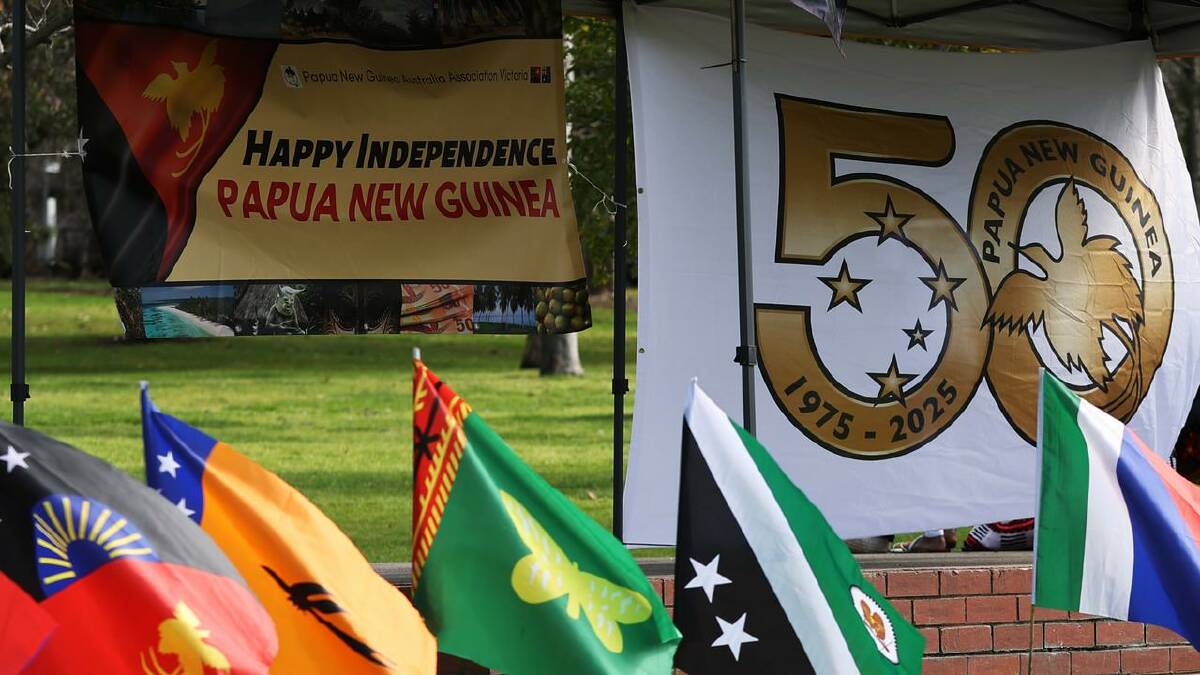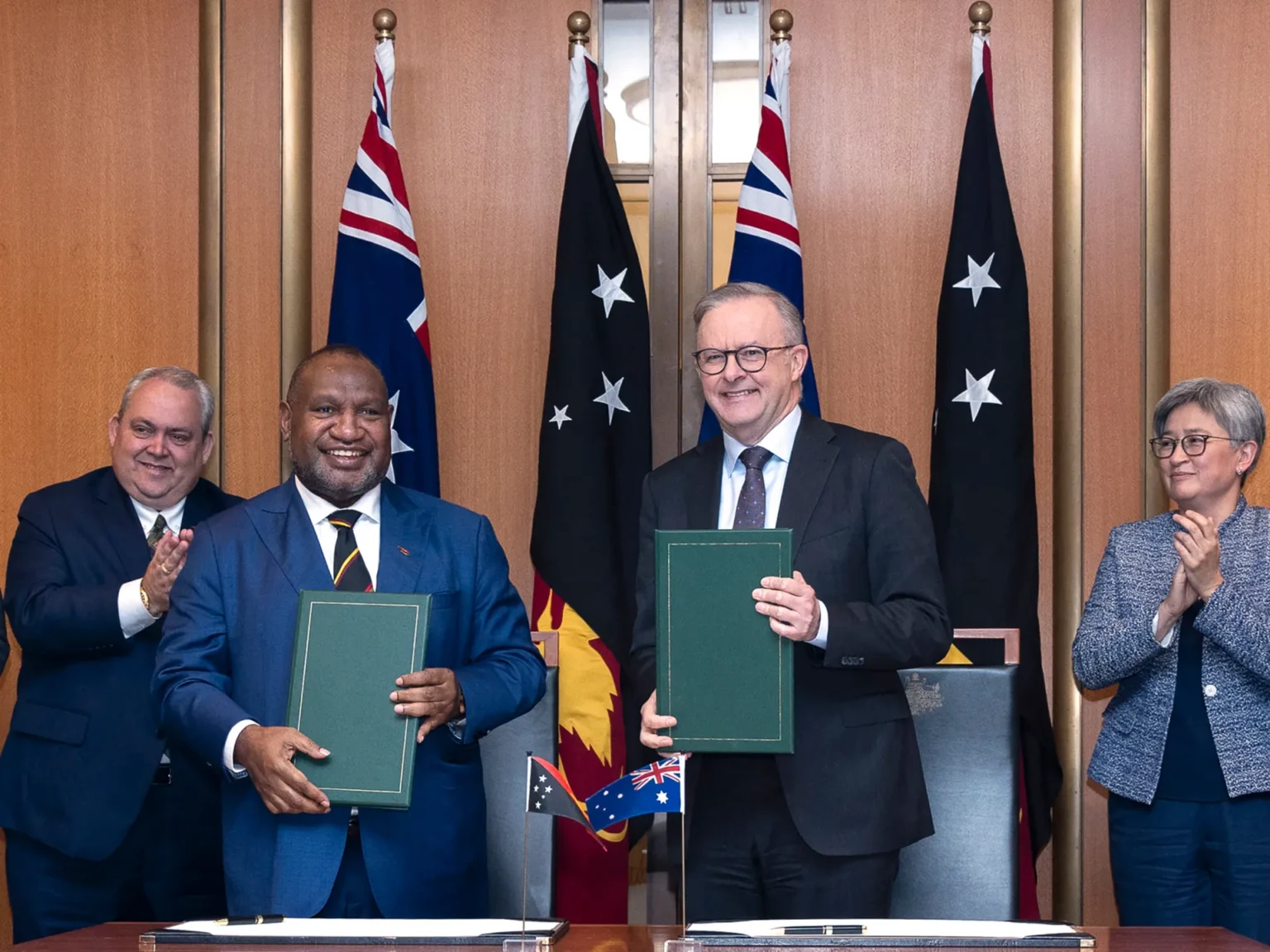CANBERRA – Australia and Papua New Guinea are set to sign a comprehensive and long-awaited security agreement this week, a landmark deal designed to deepen defence ties, bolster law and order, and cement Australia’s role as PNG’s primary security partner in an era of escalating strategic competition in the Pacific.
- Prime Minister Anthony Albanese and his counterpart James Marape will formalise a broad security treaty covering defence cooperation, police training, cyber security, and climate resilience.
- The agreement is widely viewed by analysts as a direct strategic counter to China’s increasing security presence in the region, particularly its controversial pact with the neighbouring Solomon Islands.
- While the federal Opposition has offered in-principle support, it has urged the government to ensure the deal fully respects PNG’s sovereignty and delivers tangible outcomes for regional stability.
The signing, expected to take place in Canberra during a visit by Prime Minister Marape, will be the culmination of more than a year of intensive negotiations. The legally-binding treaty is set to provide a comprehensive framework for security cooperation, replacing disparate existing agreements with one overarching pact.
Government sources have indicated the deal will create a more streamlined process for Australian Defence Force and Australian Federal Police personnel to assist with major events in PNG, provide extensive training to the PNG Defence Force, and support PNG’s efforts to combat domestic crime. It will also reportedly include provisions for cooperation on non-traditional threats, including climate change impacts, illegal fishing, and cybercrime.

In a statement ahead of the signing, Foreign Minister Penny Wong described the agreement as a reflection of a modern partnership. “Australia and Papua New Guinea have a deep and enduring relationship, forged in history and focused on the future,” Senator Wong said. “This agreement is about working together as partners and sovereign equals to address our shared security challenges, from community safety to regional stability.”
The strategic imperative for the agreement has been sharpened significantly by Beijing’s growing influence in the Pacific.China’s secretive security pact with the Solomon Islands, signed in 2022, sent shockwaves through Canberra and was seen as a major failure of Australian foreign policy. This new treaty with PNG, Australia’s closest neighbour, is a cornerstone of the Albanese government’s strategy to reinforce its own regional alliances.
“This is arguably the most important foreign policy development for Australia in the Pacific this term,” said a senior fellow for Pacific security at the Australian Strategic Policy Institute. “It shores up our partnership with the largest and most populous Pacific Island nation. It sends a clear signal to the region, and to Beijing, that Australia is stepping up as the security partner of choice, offering a transparent and reliable alternative.”
The Opposition’s foreign affairs spokesman, Senator Simon Birmingham, said the Coalition supported deepening security ties with PNG but would be watching the implementation closely.
“We have long called for a stronger security architecture in our region, so we offer in-principle support for this agreement,” Senator Birmingham said. “The government must now ensure that this treaty is not just a piece of paper. It must be backed by adequate resources, and it must be implemented in a way that fully respects Papua New Guinea’s sovereignty and delivers real benefits to its people.”
For Port Moresby, the deal offers critical support for its internal security challenges. Prime Minister James Marape has consistently emphasised that any agreement must respect PNG’s “friends to all, enemies to none” foreign policy, while also acknowledging the practical benefits of Australian assistance in areas like police training and judicial reform.
The final text of the agreement is expected to be released after the official signing ceremony, with a focus now shifting to the practical implementation of its ambitious goals for a safer and more secure shared region.

